As a Health Editor who's spoken to countless gynaes, I can't understand the need for vaginal care products—here's why
Plus, a top expert explains why intimate care products can cause more harm than good
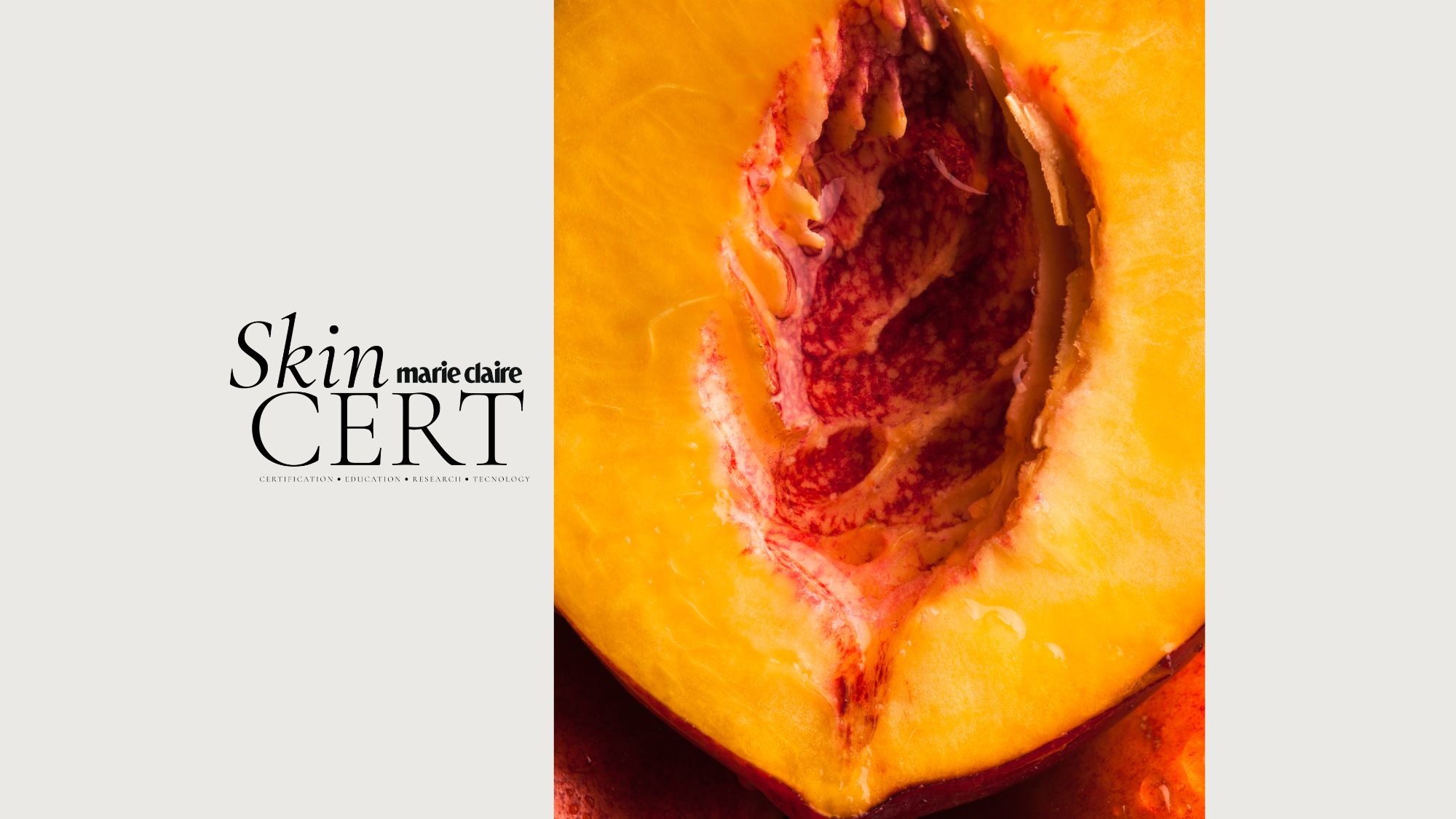
If you've been on social media in the last few months, you likely saw reality TV star Kourtney Kardashian's latest venture, a supplement brand launch.
One of the products is a vaginal-specific gummy called "Lemme Purr," which the star shared online uses pineapple, vitamin C and probiotics to target vaginal health and pH levels. Claiming to “support freshness and taste" and "turn your vagina into a sweet treat," it joins a long line of products launched by the Kardashian family.
That said, she's not the only world-famous celebrity using their platform to flog intimate care products. Gwyneth Paltrow pretty much invented the space with the launch of Goop her sexual wellness brand in 2008—you might remember she made headlines globally in 2018 when yoni eggs started retailing on the platform.
As a Health Editor, I'm all for sex positivity, pleasure and looking after our bodies. That said, what I can't get my head around is this incessant retailing of more products that appear do what our bodies are already doing. While skin supplements, collagen drinks, the foods we eat and even the best skincare products can aid our bodies in doing the things it does best to keep our skin looking its healthiest, retailing products for our so-called 'intimate area' and, indeed, the skin around it doesn't sit right with me.
I've spoken to countless doctors and gynaecologists about this off the record but wanted to get an expert's take in writing—so I picked the brains of Zahra Ameen, consultant gynaecologist and obstetrician at the Cadogan Clinic. Below, she shares her professional opinion, plus warns why intimate products can often do more harm than good.
As more celebrities start pushing intimate care products, we ask: can they cause more harm than good?
First things first: a bit of background for you. According to Ameen, despite it being a complex field, the market is currently flooded with care products specifically marketed for "intimate use". Brands such as DeoDoc, Luna and Fur have launched in recent years selling intimate-specific products with tailored pHs, while household names like Dr Barbara Sturm have extended their existing product ranges to include high-end intimate health and hygiene products in recent months.
Wondering what an intimate product actually is and what sets it apart from other body washes and wipes? Good question. While they range in format – think washes, oils, serums, ointments, and wipes – they all serve the same purpose, offering a 'cleaner' and 'healthier' vulva and vagina. Some claim to 'help odour', others, to 'balance your microbiome'.
Marie Claire Newsletter
Celebrity news, beauty, fashion advice, and fascinating features, delivered straight to your inbox!
Does an expert recommend using vaginal care products?
In other words, what does the expert share with her own clients? Does she advise they use them? "I've never medically advised women to use specific washes, serums or deodorants on their vulval or vaginal area," shares Ameen. "In fact, often these products can have an adverse effect, disrupting the organisms normally residing in the vagina and leading to an overgrowth of other organisms such as Gardnerella vaginalis and candida."
While some preliminary research has been done – as Kourtney shares on her website, "Lemme Purr is formulated with a clinically-studied dose of SNZ 1969™ probiotics, demonstrated to support vaginal health, vaginal odour and vaginal freshness" – the gynaecologist goes on to explain that there simply hasn't been enough research as of yet to conclusively confirm any of the benefits that the products promise.
Use these products too much or for too long, and you risk developing a condition known as bacterial vaginosis (BV), the expert warns - an infection of the vagina caused by an imbalance of your naturally-occurring flora. "It can occur in up to 50% of women and includes symptoms like an unpleasant fishy smelling discharge," she shares. "Other adverse effects include increased risk of miscarriage, pre-term birth, infection in labour, pelvic inflammatory disease, and also the acquisition of certain types of sexually transmitted infections such as gonorrhoea, chlamydia and herpes."
Of course, it's not just intimate care products that increase your risk of BV. Other potentially aggravating factors include:
- Douching
- New/multiple sexual partners
- Taking antibiotics for another condition
- Copper intrauterine contraceptive device
Need more convincing? The National Institute for Health and Care Excellence (NICE) actually warns against using vaginal products, such as douches, deodorant and vaginal washes, confirming them as a "risk factor for raising vaginal pH". They also advise against using bubble baths or shampoos in the bath for the same reason.
You're not just at risk of BV, either. Disruption of your vaginal flora can also cause thrush, an inflammation of the vagina and sometimes vulva caused by a superficial fungal infection.
What about supplements, then, that you swallow rather than topically apply? "Supplements are not required," the expert confirms, reaffirming that the vagina is a self-cleaning organ. "While probiotics can be useful in supporting general health, they won't prevent or cure any existing issues, like BV or thrush."
Could these products ever be 'empowering'?
Sure, there's no scientific evidence for using the products at current—but what does the expert think about the placebo effect such products might have? Can intimate care products ever be empowering for women and a positive way of encouraging them to take their health into their own hands?
Short answer: she doesn't think so. "Rather, I think it's empowering for women to be given advice and information on treatments that are evidence-based and have been proven to benefit them, rather than just commercial treatments," she explains.
As a Health Editor, I don't think they're empowering, either. While they may be designed with that in mind, encouraging women to spend their money on products they simply don't need – and which could actually cause health problems – gets a no from me.
Not to mention, there simply isn't the same market for products like these in men, reaffirming that women face far more pressure to constantly be improving all aspects of their lives.
Bottom line?
So, it's pretty clear what the expert reckons—she confirms that there's no genuine need for such products based on the current scientific evidence. "Medically and as a gynaecologist, I wouldn’t advise a woman to use these products," she confirms. "Anyone thinking of using these products should look at the evidence in favour of them that has been proven in clinical trials," she goes on.
As I've long suspected, she warns that these products – marketing at improving your vaginal health – can actually do more harm than good, putting you at risk of infections you otherwise likely wouldn't be prone to. Often with products tailored to 'down there', our bodies are already doing whatever the product promises to achieve. So save your time, money, and a potential infection, while you're at it.
One final note from Ameen: "It's important to understand that the vagina is a self-cleaning organ—you don’t need to use scented products or soaps to keep it clean."
Of course, your standard feminine hygiene products – think sanitary pads, tampons, and menstrual cups – are completely fine to use and likely won't cause any issues. It goes without saying, though, if you do suspect you might have an infection, book an appointment with your GP for a tailored, expert opinion.

Ally Head is Marie Claire UK's Senior Health and Sustainability Editor, nine-time marathoner, and Boston Qualifying runner. Day-to-day, she heads up all strategy for her pillars, working across commissioning, features, and e-commerce, reporting on the latest health updates, writing the must-read wellness content, and rounding up the genuinely sustainable and squat-proof gym leggings worth *adding to basket*. She also spearheads the brand's annual Women in Sport covers, interviewing and shooting the likes of Mary Earps, Millie Bright, Daryll Neita, and Lavaia Nielsen. She's won a BSME for her sustainability work, regularly hosts panels and presents for events like the Sustainability Awards, and is a stickler for a strong stat, too, seeing over nine million total impressions on the January 2023 Wellness Issue she oversaw. Follow Ally on Instagram for more or get in touch.
-
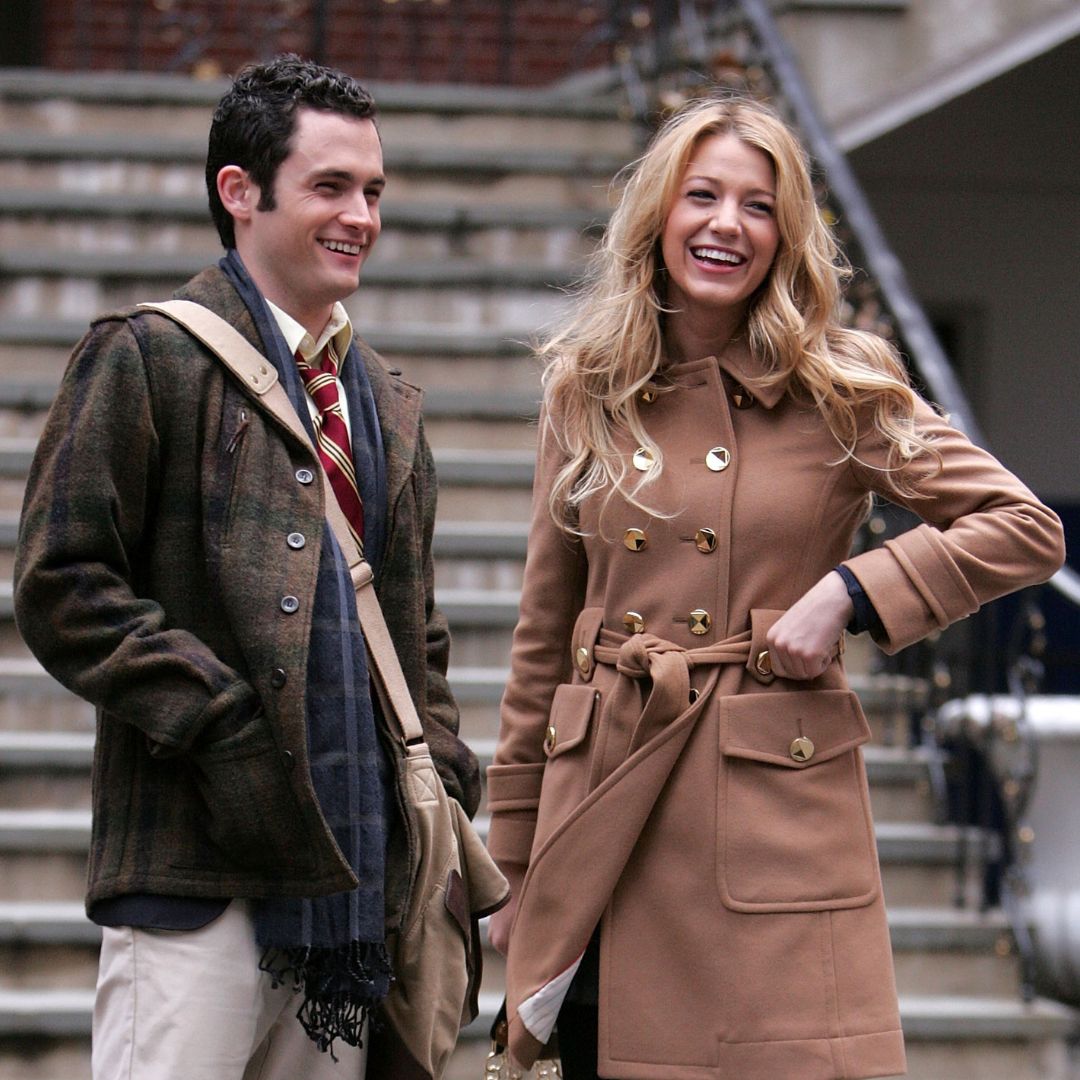 Penn Badgley and Blake Lively kept their breakup a secret from the Gossip Girl cast and crew - here's what we know about their former relationship
Penn Badgley and Blake Lively kept their breakup a secret from the Gossip Girl cast and crew - here's what we know about their former relationshipBy Jenny Proudfoot
-
 Spring has finally sprung - 6 best outdoor workouts that are totally free and boost both body and mind
Spring has finally sprung - 6 best outdoor workouts that are totally free and boost both body and mindSoak in the nature and boost Vitamin D *and* endorphins.
By Anna Bartter
-
 This iconic rose perfume is a compliment magnet—it makes me feel ‘put together’ after just one spritz
This iconic rose perfume is a compliment magnet—it makes me feel ‘put together’ after just one spritzGrown-up and elegant, yet not at all dated.
By Denise Primbet
-
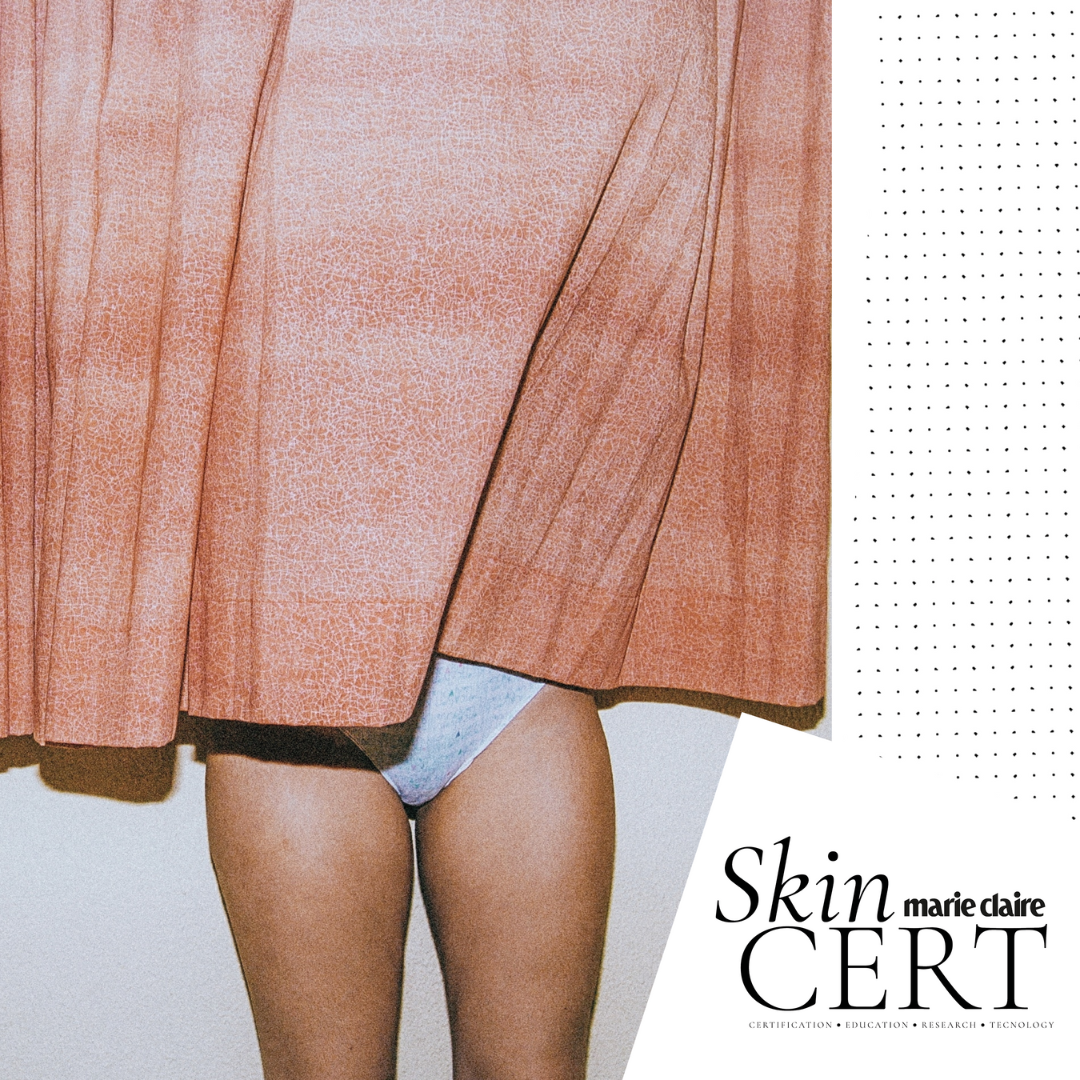 TikTokers are claiming that their luteal phase is making them ‘ugly’—here’s how it actually affects your skin, hair and nails
TikTokers are claiming that their luteal phase is making them ‘ugly’—here’s how it actually affects your skin, hair and nailsPlus, how to prepare for it…
By Nessa Humayun
-
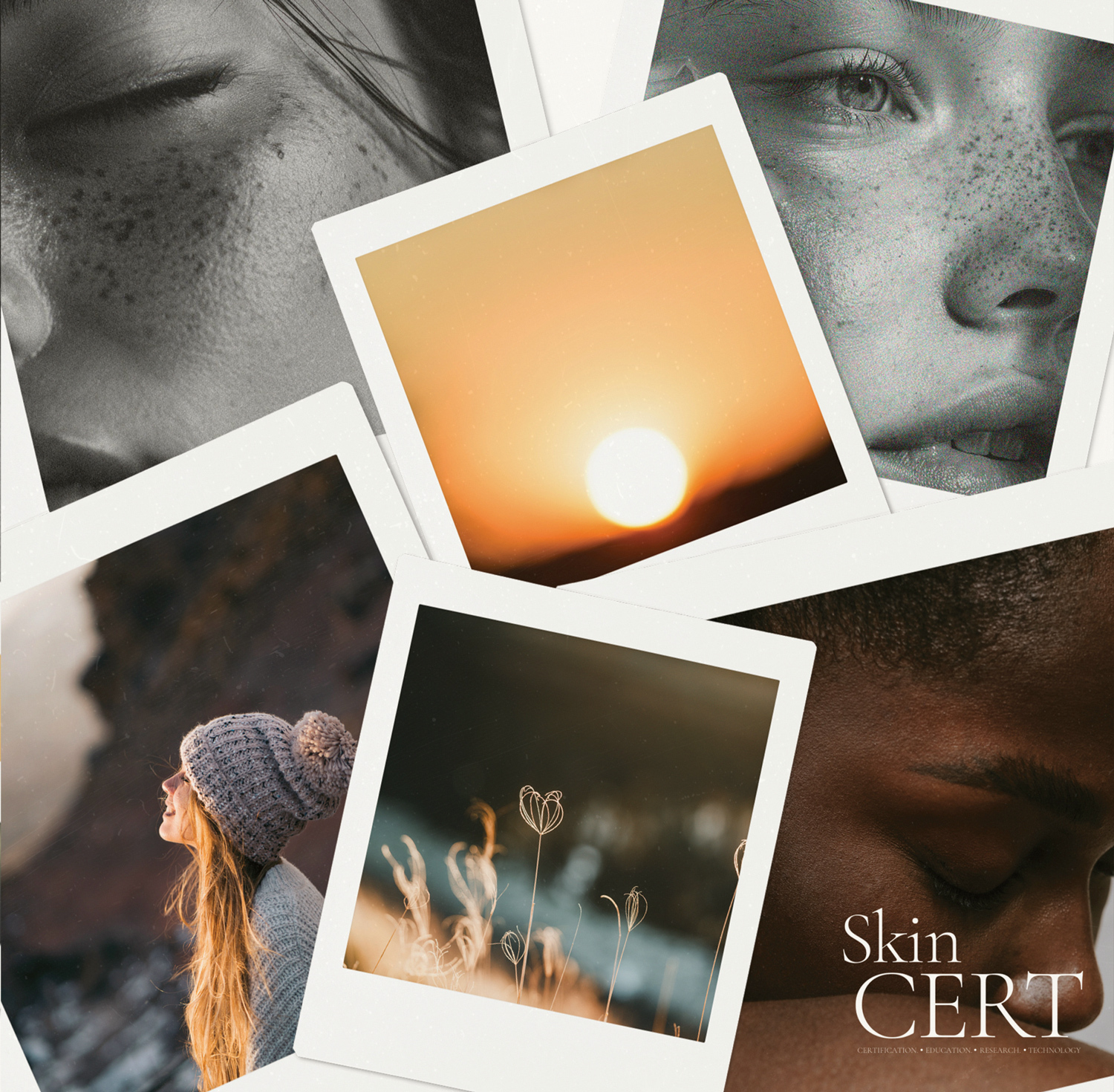 In an era of misinformation, it's time to start openly discussing daily SPF application—here's why
In an era of misinformation, it's time to start openly discussing daily SPF application—here's whyWellness fanatics on social media are preaching that so-called 'toxic' sun cream shouldn't be worn year-round, but are these claims founded in any sort of science? Shannon Lawlor has spent six months investigating...
By Shannon Lawlor
-
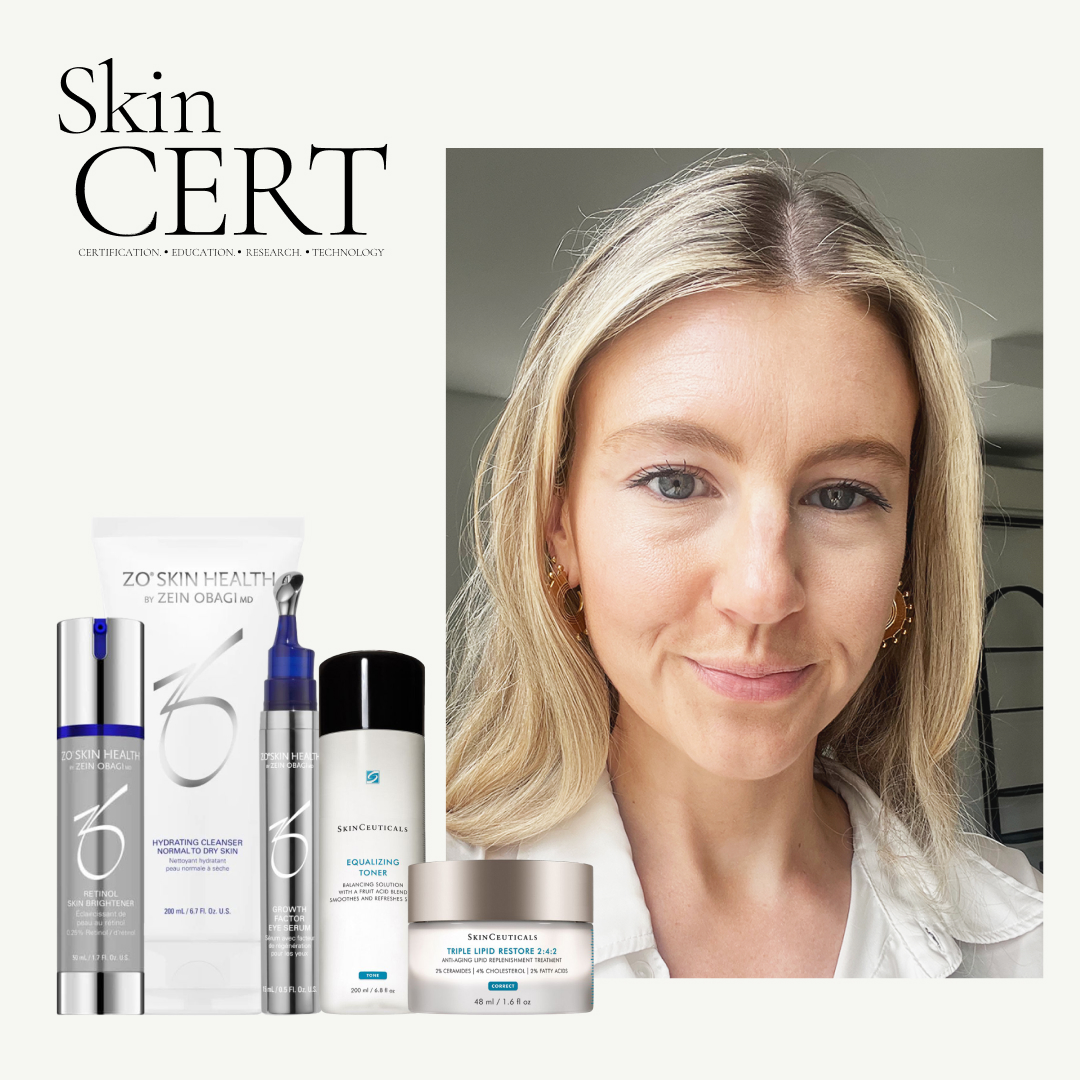 I recently found out that my skin is ageing faster than I am - here's what I've been doing in an attempt to claw back the years
I recently found out that my skin is ageing faster than I am - here's what I've been doing in an attempt to claw back the yearsThe primary cause might just surprise you
By Katie Thomas
-
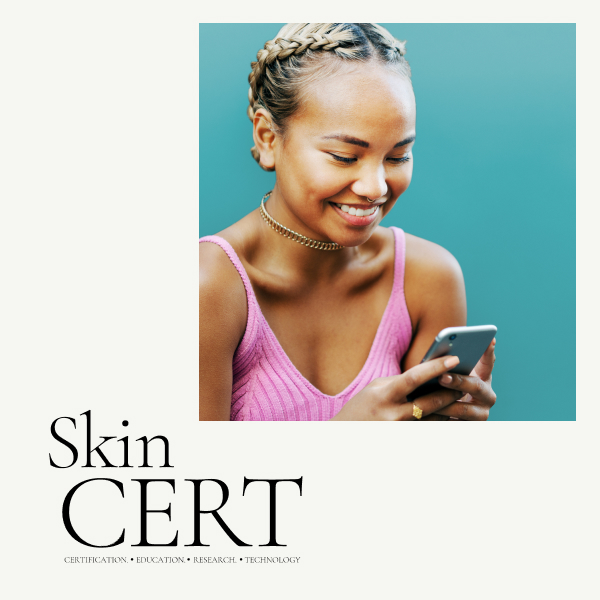 Yes, the fact teenagers are using retinol and glycolic acid in 2024 is cause for major concern—here's why
Yes, the fact teenagers are using retinol and glycolic acid in 2024 is cause for major concern—here's whyBy Katie Thomas
-
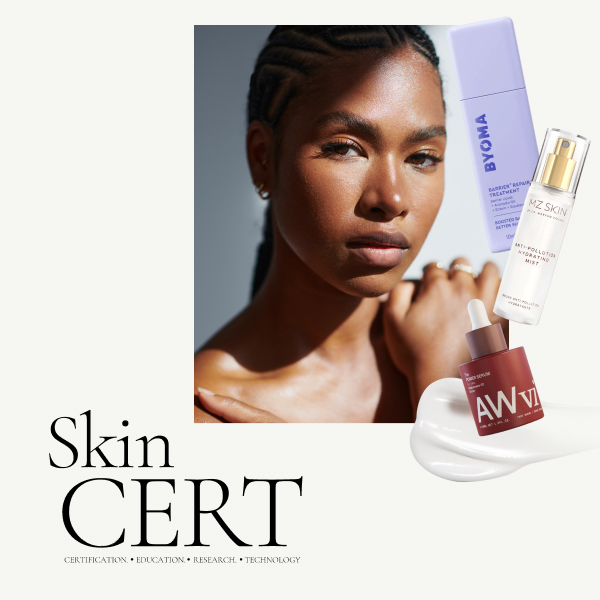 Ectoin: the must-have ingredient of 2024 that works wonders on dry and sensitive skin types
Ectoin: the must-have ingredient of 2024 that works wonders on dry and sensitive skin typesHydrating? Check. Soothing? Check.
By Katie Thomas
-
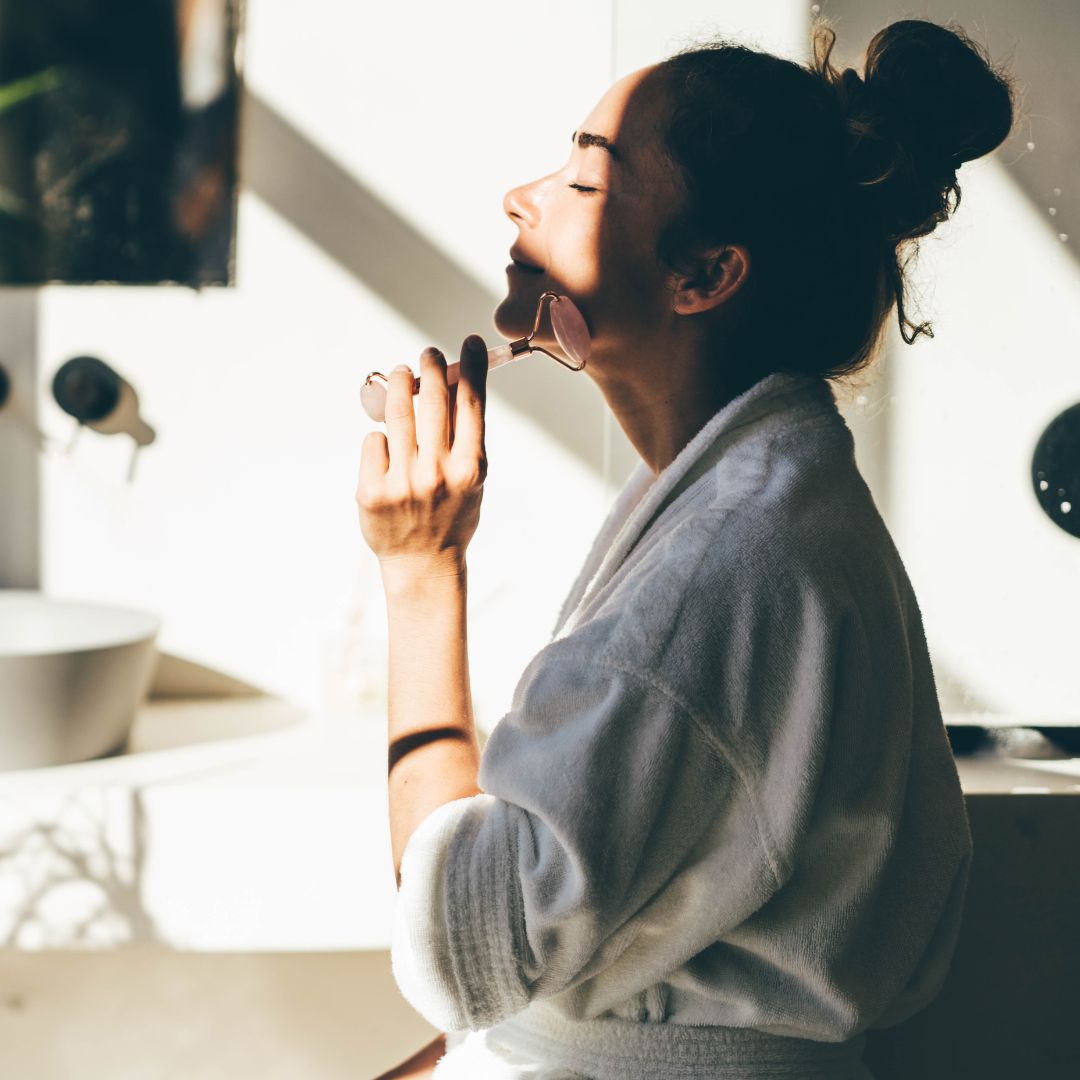 I love ear seeds – here's how I use the pretty metal stickers to help relieve stress and calm my skin
I love ear seeds – here's how I use the pretty metal stickers to help relieve stress and calm my skinIf it's placebo, I'm still sold
By Tori Crowther
-
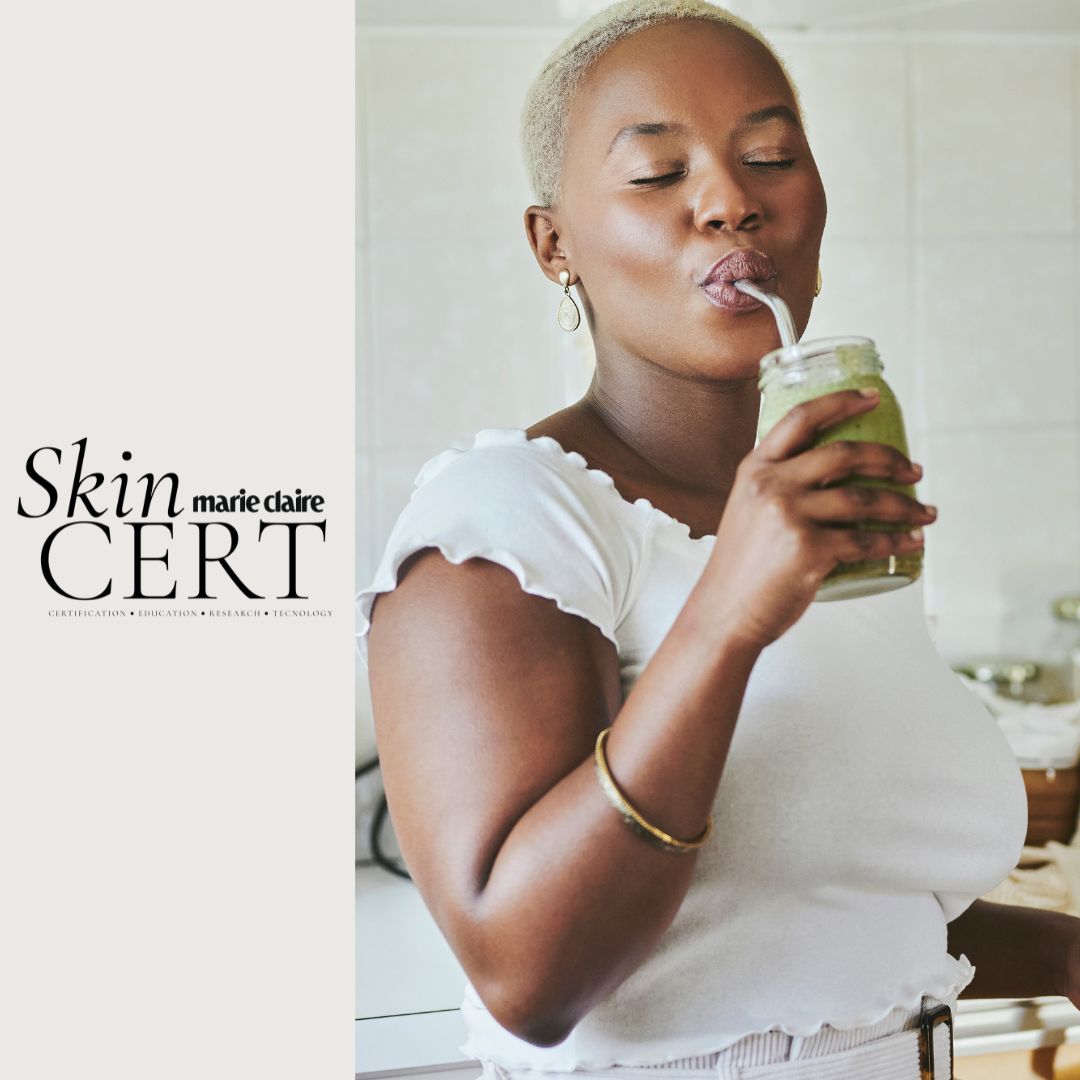 The 5 foods a dermatologist recommends having on your plate (and 3 foods to be cautious of)
The 5 foods a dermatologist recommends having on your plate (and 3 foods to be cautious of)Glowing skin, this way
By Shannon Lawlor
-
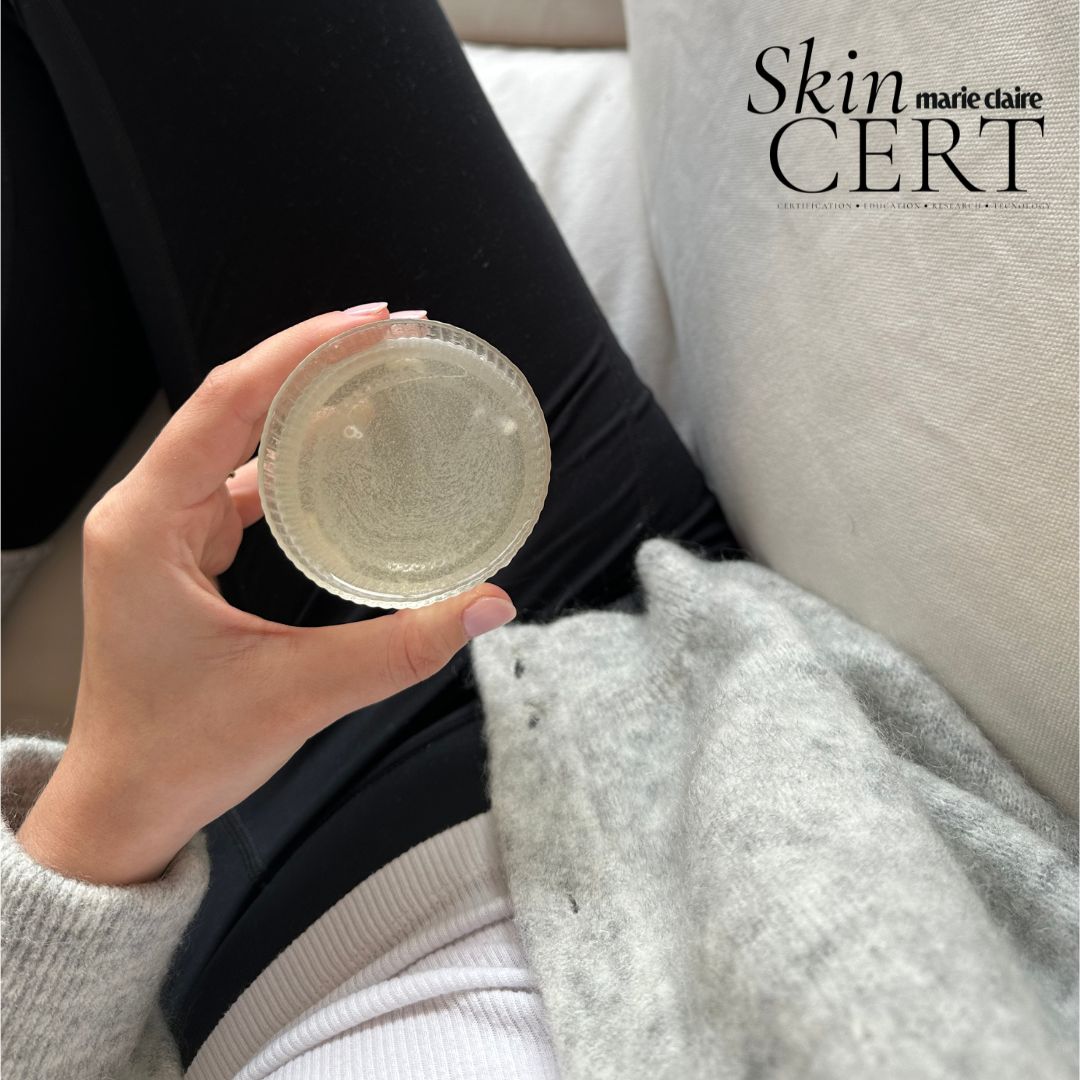 As a cynical beauty editor, even I can't deny this collagen supplement has left my skin looking its glowing best
As a cynical beauty editor, even I can't deny this collagen supplement has left my skin looking its glowing bestIt's the only one I've ever seen results from
By Shannon Lawlor